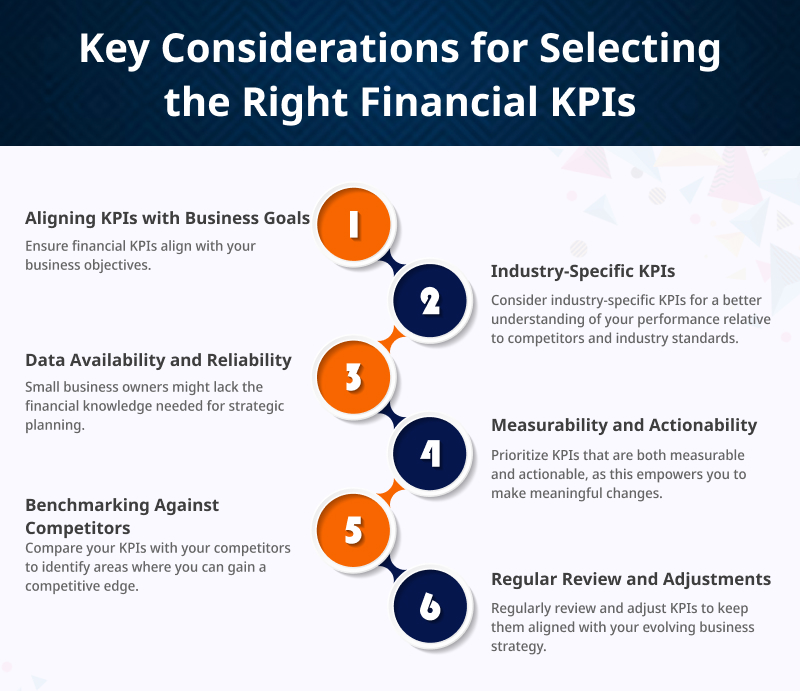Key Performance Indicators (KPIs) are essential tools for businesses to measure their performance and progress towards goals. KPIs help organizations track important metrics that align with their objectives, providing valuable insights into various aspects of the business. By effectively monitoring and analyzing KPIs, companies can make data-driven decisions that drive growth and success.
Benefits of Using KPIs
Utilizing KPIs offers several benefits to businesses. Firstly, KPIs provide a clear understanding of how the company is performing in key areas. By measuring specific metrics, organizations can identify strengths and weaknesses, allowing them to focus on areas that require improvement.
Secondly, KPIs play a crucial role in decision-making. Through the data provided by KPIs, businesses can make informed decisions that are backed by objective performance indicators. This helps in prioritizing initiatives and allocating resources effectively.
Lastly, KPIs assist in setting achievable goals and monitoring progress. By setting specific targets tied to KPIs, companies can track their performance over time and make adjustments as needed to stay on course towards meeting their objectives.
Types of KPIs for Different Business Functions
Businesses can track a wide range of KPIs across various functions. Financial KPIs, such as revenue growth, profit margins, and return on investment, provide insights into the financial health of the company. Marketing KPIs, including conversion rates, website traffic, and customer acquisition cost, help evaluate the effectiveness of marketing campaigns and customer engagement.
Operations KPIs focus on performance indicators related to the operational efficiency of the business. These may include metrics like production efficiency, product quality, and inventory turnover, which are crucial for optimizing processes and ensuring smooth operations.
How to Choose the Right KPIs
When selecting KPIs, it is essential to align them with the business objectives and goals. KPIs should be specific, measurable, achievable, relevant, and time-bound (SMART), ensuring that they provide meaningful insights into the performance of the organization.

Image courtesy of vibetrace.com via Google Images
Businesses should also consider a mix of lagging indicators (reflecting past performance) and leading indicators (predictive of future outcomes) to gain a comprehensive view of their operations. By choosing the right KPIs that are aligned with their strategic priorities, organizations can effectively track progress and make informed decisions.
Tracking and Analyzing KPIs
Establishing a systematic approach to monitoring KPIs is crucial for deriving actionable insights. Companies should set up a regular tracking mechanism to review KPIs and analyze trends over time. By identifying patterns and correlations in the data, businesses can gain valuable insights that inform strategic decisions.
Analyzing KPIs allows organizations to identify areas of improvement and make informed adjustments to drive performance. By closely monitoring key metrics and comparing them against benchmarks, businesses can stay agile and responsive to changes in the market environment.
Case Studies on Successful KPI Implementation
Several companies have successfully leveraged KPIs to drive business growth and performance. Case studies provide valuable examples of how organizations have used KPIs to achieve their objectives in different industries.

Image courtesy of www.invoicera.com via Google Images
By studying these success stories, businesses can learn from best practices and apply similar strategies to their own operations. Implementing KPIs effectively requires a holistic approach that integrates data analysis, goal-setting, and strategic decision-making.
In Conclusion
In conclusion, Key Performance Indicators (KPIs) are vital tools for businesses to measure performance, make data-driven decisions, and drive growth. By choosing the right KPIs, tracking and analyzing them effectively, and learning from successful case studies, organizations can harness the power of data to drive success and achieve their business goals.
It is essential for businesses to prioritize the implementation of KPIs in their operations to stay competitive and agile in a dynamic business landscape. Embracing KPIs as a fundamental part of the decision-making process will enable companies to drive continuous improvement and sustainable growth.



